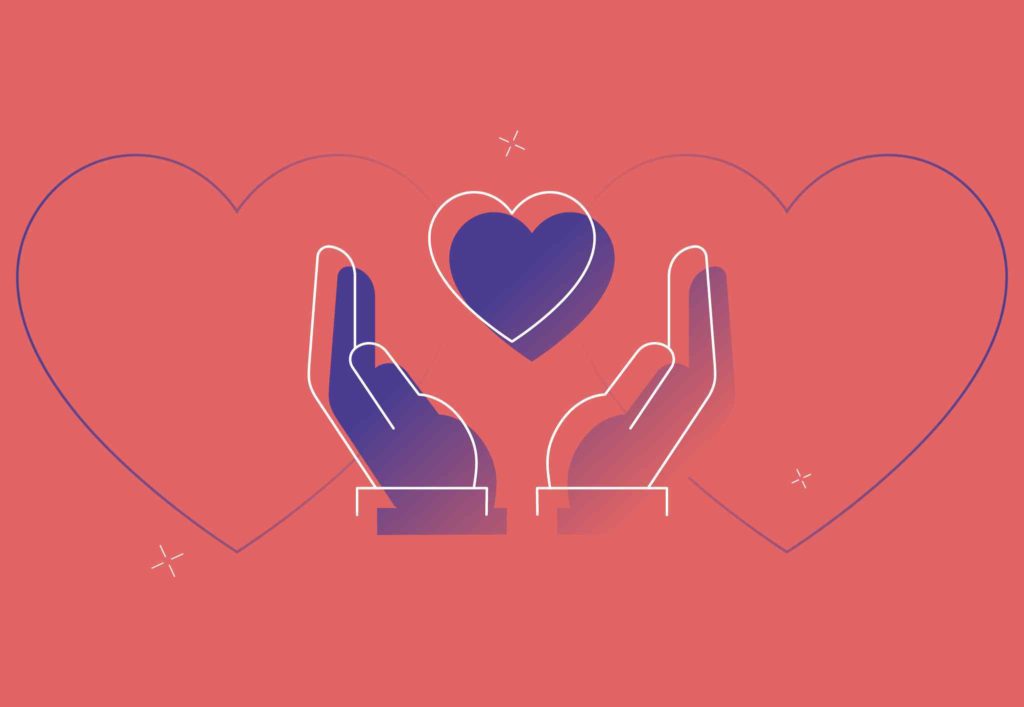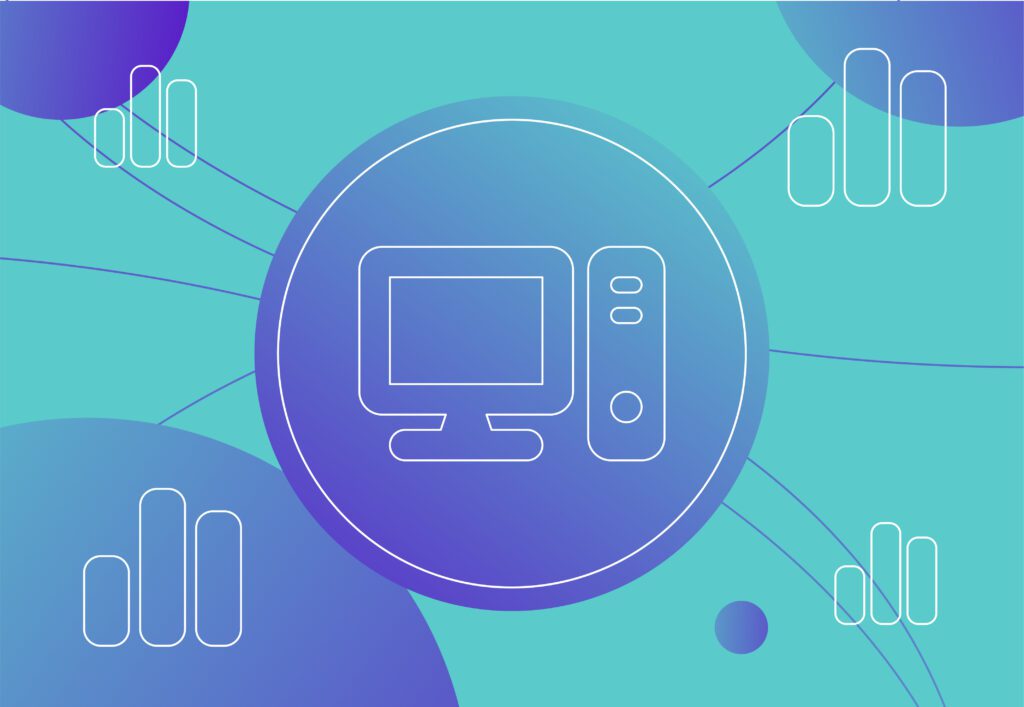
Self Care Tips For Managing Anxiety At Work

I think it’s fair to say that in the UK, generally, we are starting to discuss mental health and specifically anxiety much more, and it is slowly starting to lose its stigma. With national events such as Mental Health Awareness Week and more individuals in the public eye discussing their own mental health struggles, we are starting to turn the tide on how we view mental health problems.
However, there is still much more we need to do. It’s important to continue to talk about mental health in order to help those who are suffering with issues such as anxiety, as well as to help with identifying the symptoms in ourselves and doing what we can to look after our own mental health. It is imperative to discuss this in relation to the workplace, and for everyone to be aware of mental health issues that can affect our both ourselves and our colleagues.
This is a topic that is very close to my (often fast-beating) heart. As a sufferer of anxiety, I know that working in a busy and sometimes stressful job can often worsen the symptoms of anxiety. After years of struggling, I have a few tips that have been really helpful for me to lessen the symptoms and have enabled me to manage much more effectively at work.
Anxiety is defined on the NHS website as “a feeling of unease, such as worry or fear, that can be mild or severe.”
Just a few of the symptoms that anxiety can cause are insomnia, lack of appetite and trouble concentrating, none of which are conducive to a productive working day and can significantly impact your quality of life both in and outside of work.
For those of us who suffer with stress or anxiety, work can be one of the main reasons your heart is beating faster and can be the reason you can’t switch off at night.
It could be circumstantial; you might have a big presentation that you are really nervous about, or perhaps you feel under pressure to perform after a bad review. Or, you may always struggle with anxiety and work is simply one of the many things that can get too much for you. Either way, if your anxiety is becoming so significant that it is impacting your performance at work or your personal life, it is important to take steps to tackle it. It is also crucial that we are able to identify the symptoms of anxiety in ourselves, as well as in our colleagues and employees.
Once we’ve identified the symptoms, we need to know what we can do to help negate them and create a conducive working environment for ourselves and others.
It is for this reason that I’ve put together a few “self-care” tips that I have found useful to help me deal with my anxiety over the past few years, specifically in relation to coping with a very busy job. It’s worth mentioning here that if you are really struggling, it is VERY important to visit your GP or a medical professional to get some help, as you don’t have to suffer in silence. These are simply a few tips that can help you look after yourself in addition to more formal, medical advice that would be given by a doctor or psychologist.
Meditation
Meditation is having a hay day at the moment, and rightfully so. With benefits such as stress reduction, increased attention span and generating kindness, as well as helping millions with their anxiety, this ancient method to clear the mind and take control of your own thoughts is a brilliant tool for everyone, not just those with anxiety.
I am a big fan of the Headspace app, but there are many other meditation apps available such as Calm, or you can listen to free guided meditations on YouTube.
I have also recently started attending Meditation classes at a local Buddhist centre, so this could be another option to explore if you prefer a more personal approach. If you’re local to Manchester, there is a Kadampa Meditation Centre in Chorlton and one in Manchester City Centre. There are free classes on Sunday and the evening classes are around £5.
As well as doing my daily meditation practice (…most days), after a particularly stressful meeting or when dealing with a challenging situation I find it useful to take a 10-minute meditation break in a private meeting room to clear my head. Then I can come back to my desk feeling much calmer and able to deal with any challenges much more effectively.
Breathe
One of the ways I notice my anxiety is worsening is that my breathing gets shallower and more laboured. Sometimes my colleagues even notice and remind me to breathe when they can see I’m getting anxious. Taking a couple of long, deep breaths helps to reduce the physical symptoms of anxiety and is one of the fastest ways to calm yourself down. If you notice that you are taking rapid, shallow breaths at work, try out this breathing exercise. I have also found it helpful to commit to a regular breathing practice such as attending Yoga or ‘Pranayama’ classes.
Take Breaks
There is a tendency when you are feeling stressed and anxious about your work that you would stay chained to your desk, come in early, leave late, and not take a proper lunch break. Try to resist this urge. When your anxiety kicks in, looking after yourself is the best thing you can do for your employer and for yourself. So, take care not to burn yourself out, stick to your hours if you can, and make sure you take plenty of breaks throughout the day.
Exercise
Everyone champions the benefits of exercise, and I’m afraid I’m no different. I can really notice a difference in my state of mind between when I’m exercising and when I’m not. It also helps me when that exercise, be it hiking or running, takes place outside, leading me onto my next tip…
Get Outside
Stressing the importance of “reconnecting with nature” reveals me as the hippy I am, but seriously; getting outside in the fresh air, looking at the sky and seeing the trees is one of the most underestimated techniques in my self-care arsenal (and one of my personal favourites). There is just something about being outside which drags you out of your own head into the present and reminds you that nothing is really that important.
Even taking a quick walk on your lunch break can help, so next time you start to feel the familiar pangs of anxiousness creep on, put your coat on and take a walk around the block.
Talk To Someone
It can be really scary to tell someone about how you are feeling, but it is so important to do so. As I said earlier, tell your doctor or a psychologist if your quality of life is being impacted by anxiety, as they will be able to help refer you for psychological therapies such as CBT or prescribe you anti-anxiety medication if need be.
As well as a medical professional, speak to a trusted friend or family member. As they say, a problem shared is a problem halved. It can be so nerve-wracking and, ironically, anxiety-inducing to bring up the courage to tell someone about what is going on, but once you have bitten the bullet hopefully you will find that you feel (at least a little bit) better.
Finally, if you feel comfortable to, speak to someone at work. You don’t have to open up about your anxiety per say, but you can speak to HR, your line manager or a trusted colleague about specific issues, such as feeling overwhelmed with your workload. There might be some practical things that they could suggest to help relieve you of your anxiety. You might have been given too much work to do by your manager, or you might need more training on certain aspects of your role. Speaking to someone who understands exactly what your role should and should not entail will be able to help you suss out if the anxiety you are feeling can be improved by some small practical changes.
I hope you’ve found these tips useful. If you have any tips for how you manage your anxiety, I’d love to hear them.
I wish you all the very best of luck in tackling the beast that is anxiety. You’re not alone!




